When I was a child, my best friend Beth and I loved to play a game called Teenagers. The object of the game was to act like teenagers and involved props (lip-gloss, pocketbooks). Beth always wanted her alter-ego to be nineteen, but I felt there was something brassy and garish about that number. For me, ‘nineteen’ conjured girls with streaked hair and lazy vowels and drooping bra straps; I much preferred eighteen, an age that evoked summer sailing classes and white cable-knit sweaters and dazzling teeth. In other words, ‘eighteen’ was classy.
My fascination with the trappings of class followed me into adulthood—what it is, who’s got it, who wants it, who has it and nothing else, and who has everything but. I’ll take a good exploration of class in any form, from The House of Mirth’s Lily Bart to Gossip Girl’s Lily Bass, from Theodore Dreiser’s Sister Carrie to Andy Cohen’s The Real Housewives of New York. Recently, I was lucky enough to stumble upon two additional offerings: Snobs, a novel by Downton Abby creator Julian Fellowes, and The Queen of Versailles, a documentary by filmmaker Lauren Greenfield.
I found Snobs at Housing Works on West 10th Street (a shop that donates 100% of its proceeds to AIDS and homeless outreach and one of the classiest stores in town). I adored Fellowes’ film Gosford Park, and I enjoy (along with the rest of the world) a nice Sunday night on the couch with Downton Abby. I was not, however, aware that Fellowes was also a novelist. It turns out that he’s written two books—Snobs, published in 2004, and Past Imperfect in 2009. It was the title and cover of Snobs, though, that caught my eye before I even noticed the author. Despite the fact that it is written by a man, the book was clearly being marketed as chick-lit. As a genre, chick-lit roughly cranks out one worthy read for every hundred clunkers, and find I’m always on the prowl for that elusive one percent. (Helen Fielding’s original Bridget Jones’ Diary falls into that category. Roll your eyes if you want, but that book is an absolute gem—even Salman Rushdie’s a fan).
Marketing aside, Snobs is not really chick-lit. It is a modern-day comedy of manners, a Downton Abby eighty years post-Titanic. The beginning of the novel reads like Genesis, a litany of who begat who in the world of the titled class. The main plot revolves around a pretty woman of average means and position who suddenly finds herself having to choose between the aristocracy and the nouveau riche. The nouveau riche are certainly more fun, but the aristocracy get to peer down their collective nose. What’s a girl to do?
The interesting thing about Snobs is that, for a novel with such a frothy premise, it’s not as bubbly as one might expect. It is, particularly in the second half, more subtle and moody than the cover would have you believe. It becomes a bit of a slog after a while, partially because Julian Fellowes excels at dialogue but not necessarily narrative, and partially because it really is a slog to sort through the unending complexities and silliness of class. The heroine begins to weary of the whole thing, and the reader feels her weariness.
If Snobs leaves you a bit exhausted, The Queen of Versailles leaves you a bit squeamish. It chronicles the rise and fall of billionaire businessman David Siegel and his ex-beauty pageant wife, Jackie. Siegel made his fortune as the founder and president of Westgate Resorts, the largest privately owned timeshare company in the world. At the start of the film, David and Jackie are in the process of building their dream home: a 90,000 square foot house in Orlando, FL that is modeled after the Palace of Versailles. They didn’t set out to build the largest house in America, but when they added ten kitchens, an indoor ice-skating rink, and a sushi bar to the blueprints, it became just that.
About a third of the way into the film, however, the 2008 financial crisis rears its head (a twist that Lauren Greenfield didn’t plan for but stuck around to capture). Suddenly, the Siegels don’t have enough cash to continue construction on Versailles, and they must (at least for the time being) remain in their old 26,000 square foot mansion and downsize from nineteen household staffers to three.
Jackie and David, both from humble backgrounds, are caricatures of every vulgar cliché the phrase ‘nouveau riche’ conjures. Jackie, as the title suggests, is the real protagonist of the film, and she has Coco-T style fake breasts and dozens of oil paintings of herself wearing tiaras. She’s tacky, misguided, and ignorant, but lest you judge too quickly, she’s also undeniably warm. Despite her army of nannies, she exhibits the kind of hands-on, goofy love for her kids that can only be described as down-to-earth. She tries, for instance, to save her niece’s starving pet lizard by running off to the kitchen for a slice of lunchmeat. She spends half of the film with her hair in an oh-so-dreadful scrunchie, and her best girlfriend is missing a few teeth. She is, quite simply, the antithesis of a snob.
Despite their money, the Siegels lives are not enviable, which is why the movie makes you squirm. You feel bad for Jackie, not because of the crash and the cutbacks, but because her husband is a jerk and lousy father, and she’s not self-assured or self-aware enough to do anything about it. The real question this film poses is not how America could produce such incredible greed, but how America could produce a woman with so little capacity for critical thought.

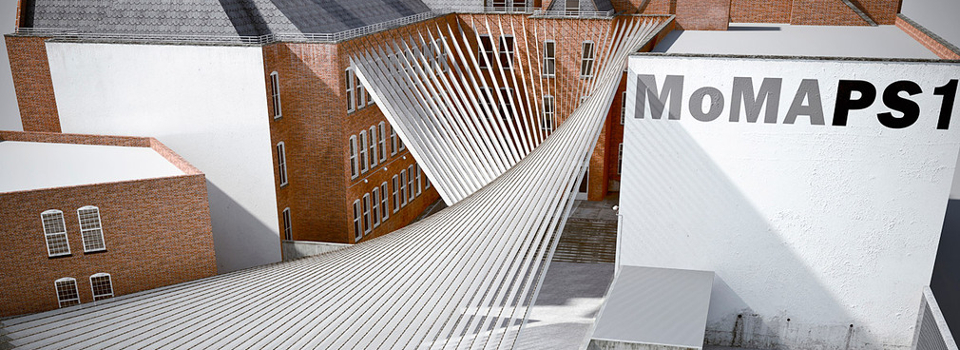
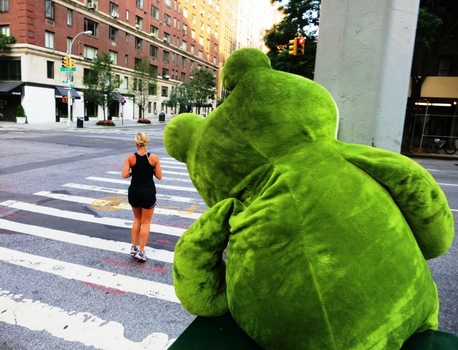
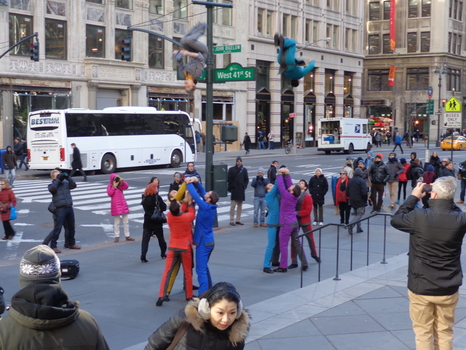

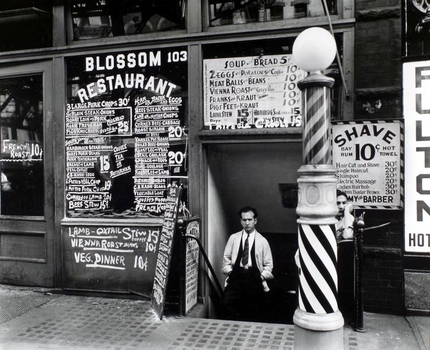



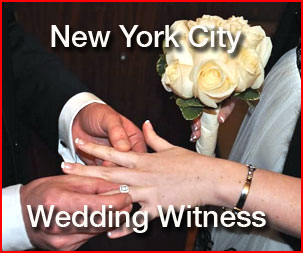
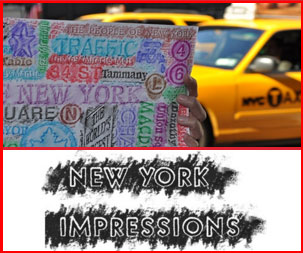
Kelly
Nice one Em!! Loved it. I feel like I must see this Queen flick immediately.
Laura Boling
INteresting….! I am fascinated by the idea of the movie too. The rags-to-riches theme has always held a certain fascination for me… and the way that people respond to the myriad complexities of straddling their past and present economic classes: THAT is the stuff of good drama.